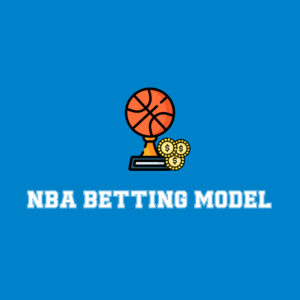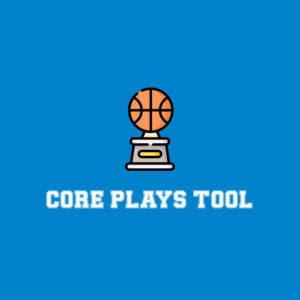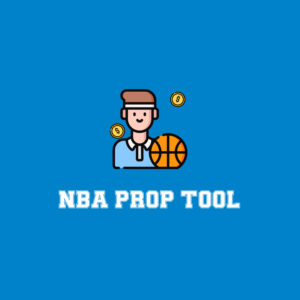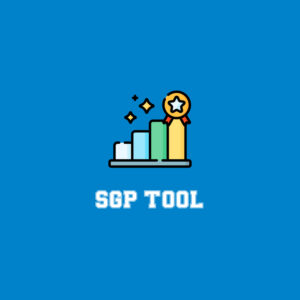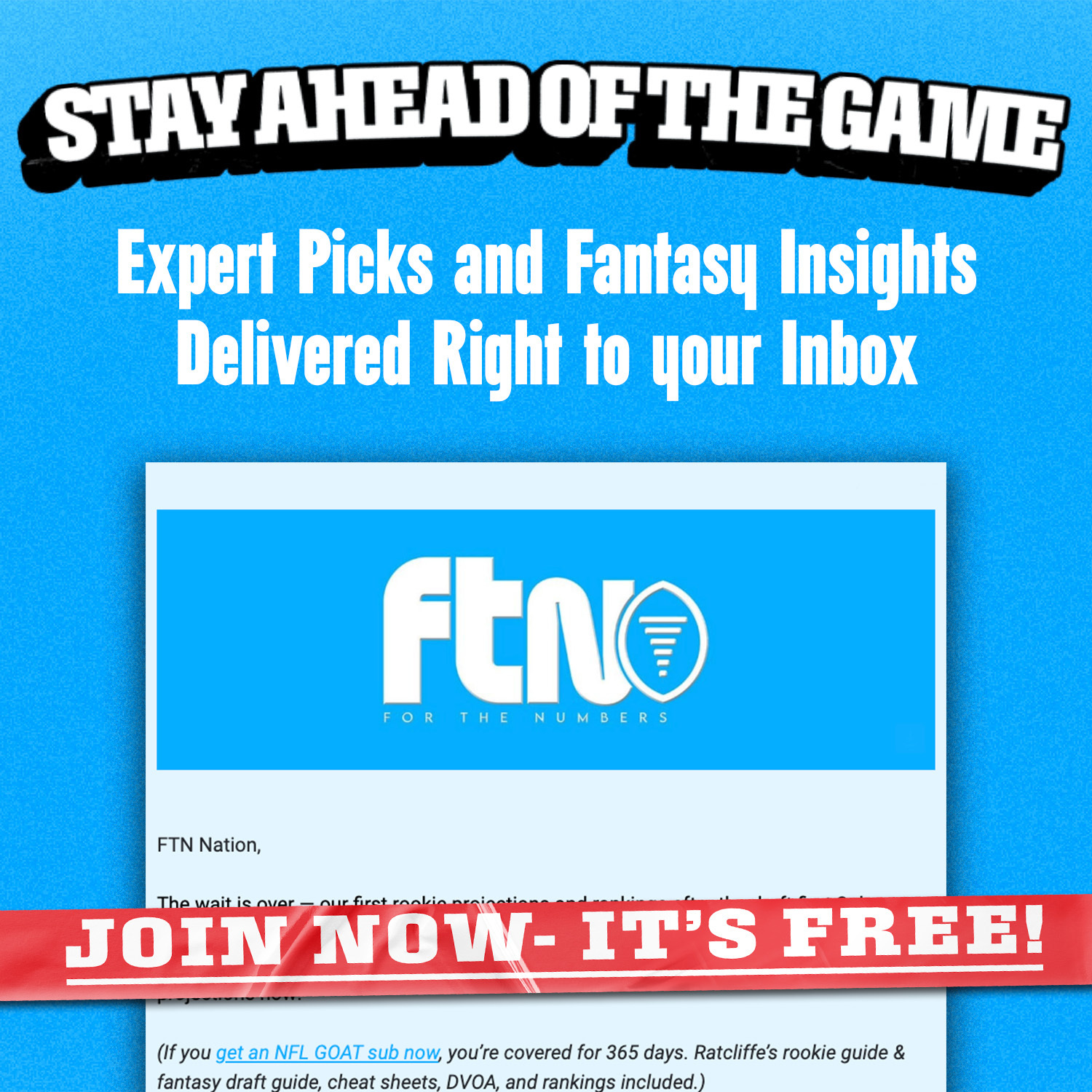
This week’s edition of Small Ball will seem a bit familiar. It’s all about trades. I penned this article last year, but the concepts, tips and tricks are ones I’ve used my whole life when assessing the trade market in my fantasy baseball leagues.
Since I’m on vacation this week, it’s a great time to pull this one out of the archives. Many subscribers here at FTN still play in home leagues with late July or early August trade deadlines. With the All-Star break now fully in the rearview, this is the last chance for you to gloss over your team for strengths and weaknesses – and to plug those holes with clever pickups or trades.
How can you do that? Read on.
Art Of The Deal
We’ve all done it. You get frustrated by a certain player. Maybe it’s a starting pitcher whose April struggles continue into May. You’re just done with him. So you ship him off to a shrewd owner who noticed the advanced stats pointed toward positive regression. A few weeks later, you’re kicking yourself. It feels like you lost two separate battles. In reality, you did lose two battles. You failed to hold the player in question – and you sold low.
I don’t need to get into the fine print of “buy-low, sell-high.” Everyone knows what that means and tries to execute it. But we don’t always pull it off. Instead of boring you with examples of that strategy, I’m going to discuss some of the dos and don’ts when negotiating with your leaguemates.
These tricks have worked for me over the years, although even I don’t follow my own advice to a T. There’s a thing called human nature that gets in the way sometimes. Fighting human nature is a skill that only the best managers overcome – and that’s why they win.
Do’s Of Trade Negotiation
Listen To Your Opponent
When you’re arguing with someone via text, it’s usually a race to see who can type their response faster to get their point across. Instead of pausing to read what the other person said, you just bulldoze through the remainder of your own text, and the argument goes in circles.
That’s because no one is listening (or in this case, reading).
This might be an extreme example, but it can apply to fantasy baseball trade negotiations. We need to convince our opponent why the trade proposal will work out for both sides. Sometimes we miss important context clues from our opponents because we fail to listen, digest their words and craft a response based on what they just told us.
“I’m not sure Player A is moving the needle for me.”
Instead of just blindly throwing out another player in a counter, a smart negotiator would pull up your opponent’s roster and ask, “Why might Player A not be moving the needle?” It’s possible their team is loaded with power and Player A is Yordan Álvarez.
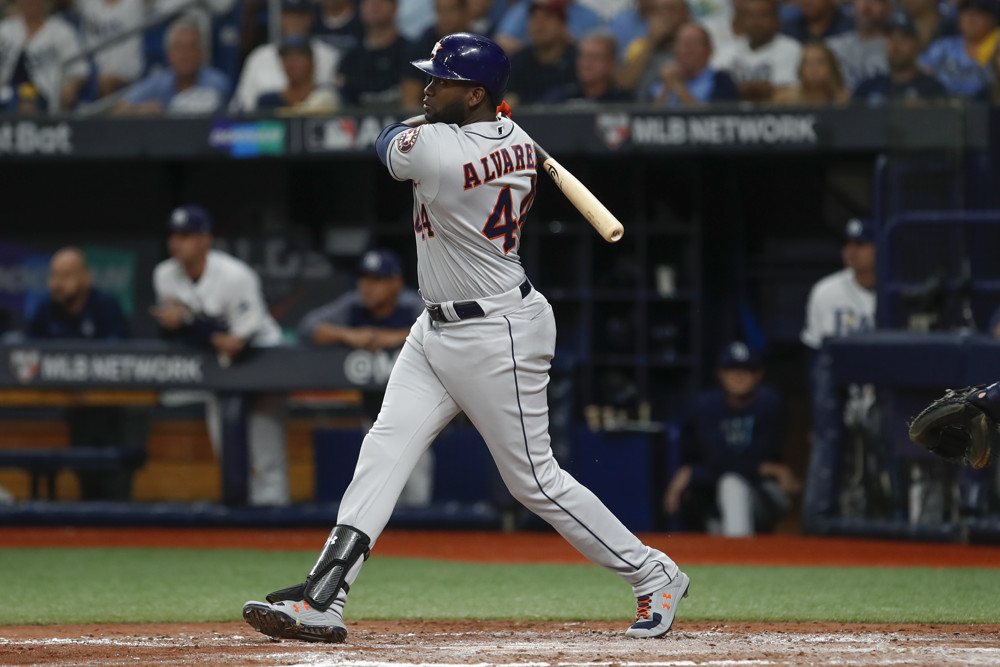
Sometimes your opponent’s words reveal how they value certain players. Perhaps you’re a Seth Lugo owner but you value Hunter Greene over Lugo the rest of the season. If your opponent is rather blasé about certain players but sits up in their chair when you bring up Lugo, he/she might have just tipped off that Lugo’s outstanding first half performance still holds value to them. Little things like that can make a huge difference in the negotiation process. All you have to do is listen.
Always Respond To Offers
How does this help me? You might be asking that question. But trust me, this is a subtle trick that can pay off down the road. There’s nothing worse than a deadbeat owner who lets trade offers sit in the queue until they expire. Those are the people you cross off your list as time goes on. Why bother with them? If your opponent sends you a trade offer, make sure you respond in a timely manner. If you decline the trade, explain why you weren’t interested. Create a dialogue.
They’ll appreciate it. It will encourage them to negotiate with you in the future. What’s that thing we talked about before again? Human nature?
If your opponent has a good experience with you talking trades, not only will they come back for more, they might even (subconsciously) throw you a bone in a 50/50 deal. An experienced manager wouldn’t let that happen, but you’re much more likely to stick it to someone who’s burned you in the past and reward someone who’s on your good side. You might be talking to one of those people, so don’t let a trade proposal (even a bad one) sit in the queue.
Learn Your Opponent’s DNA
You don’t need their social security number. You don’t need their blood type. You just need to know what they’re looking for. It saves so much time during the negotiation process if you pick your opponent’s brain before blindly shooting trade offers into the sun.
Find out what their team could use. Then craft an offer based on that. Worst-case scenario, it doesn’t work out. But you’ll cut out all the useless chit-chat that almost always goes nowhere.
Another point: If you study your opponents for years, you can pick up certain patterns. The guy Ryan in my league always gets blackout drunk on the Fourth of July. Note to self, send him an offer when the clock strikes midnight July 5 in future seasons.
Know your opponents as well as you know yourself.
Exploit Human Emotion
I’m sure this has happened many times this season. One of your pitchers, let’s call him Carlos Rodón for this exercise, just blew up. Like, seven-earned-runs-in-the-first-two-innings-blew-up. You close your laptop in frustration.
If someone shot you a proposal for Rodón immediately after those two innings, your natural instinct would be to listen. But an experienced manager wouldn’t let emotions get the best of them in the moment. It’s something you learn after playing this game for 10-plus years.
Not everyone can block out that noise, though. If you believe in a player long-term, wait to strike when your opponent closes their laptop in moments of frustrations like the example above. That’s when your opponents are vulnerable and might do things they regret.
Note: I still believe in Rodón in the second half. But a better example above of a player to hold through the emotional roller coasters would be Pablo López. Hopefully López managers didn’t trade him away for peanuts during his frustrating first half.

Don’ts Of Trade Negotiation
Don’t Pump Up Your Players
Took me a few years to stop doing this. You don’t need to tell your opponent, “I’ll give you Player A, he’s going to be a stud the final two months.” So many people do this. A smart manager would retort with, “Then why are you offering him to me?”
You guessed it. That manager listened to what you said and responded accordingly. See how this all ties together? Don’t add extra context when making a pitch to your opponent about a certain player. Smart people will see right through it. We don’t need used car salesmen in fantasy baseball.
Don’t Inadvertently Devalue Your Players
Don’t tell your opponent you’re desperate for saves. Because guess what? They’re going to up the price on their top closer. Desperate managers sometimes do desperate things. Desperate managers lose trades, they don’t win them.
Don’t Use Trade Machines Or Trade Analyzers
Would you trust a machine to tell you what to buy at the grocery store? The machine might spit out “peanut butter” as a good source of protein. But what if you’re allergic to peanuts? These trade machines/analyzers don’t know your team like you do. It might say you win the trade 55%-45% of the time, so you click “accept.”
On paper, it might look like a fair deal, but it could be crippling your infield depth. The trade machine doesn’t care about you. It’s not going to spit out, “Warning! This trade looks good, but you now have to play Eugenio Suárez at corner infield when you’re dead last in batting average.”
Don’t let AI win! That’s for another day, though.
Don’t Trade Two Moves Ahead
We’ve all been in this predicament. You’re so close to a deal, but your opponent (let’s call him Steve) won’t pull the trigger. You’re also on the verge of a deal with another manager, John – yet you’re not ready to pull the trigger yourself.
So you tell Steve about the deal with John. Big mistake. Steve turns around and says, “If you make that deal with John for Player X, include him in our deal and it’s a go! Don’t ever “settle” another deal in order to spice up another. By the time you’re done with both deals, I guarantee you’re going to look at your team and face-palm.
Don’t Gloat, Complain, Badger
For my final point, let’s tie all of these together. If you “win” a trade, don’t let your opponent hear about it. We alluded to creating brownie points with your opponents earlier. This won’t do that. Don’t gloat to your other leaguemates either. They don’t care.
If you lose a trade, don’t complain about it. No one forced you to click accept. That’s on you.
And finally, don’t badger. If your opponent doesn’t want to make a deal, walk away. You’re unlikely to change their mind if you don’t leave them alone. Badgering them will hamper you in future negotiations where your teams might be a perfect match.
The trade deadline is coming up in many of my leagues. Some aren’t until August. Either way, I hope these Dos and Don’ts help you avoid making mistakes that could really cost you in the second half. Conversely, I hope you snag a Pablo López from a frustrated manager, only to watch him dominate in the second half, a la Jake Arrieta from a decade ago.
As always, hit me up on Twitter @Adam15Young and reach out in Discord with more questions.








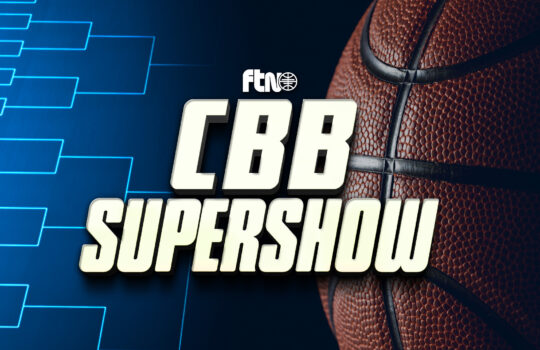

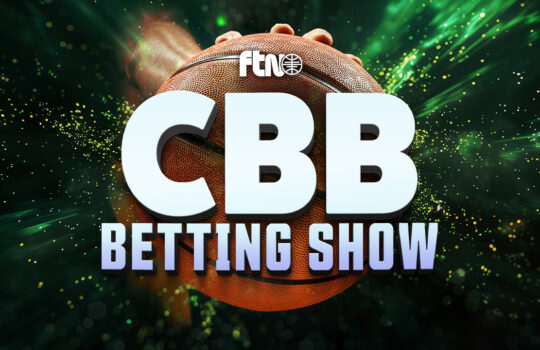










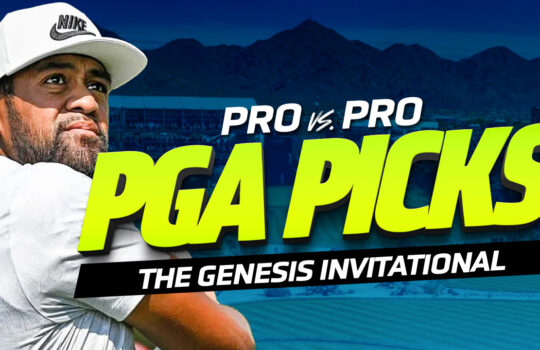
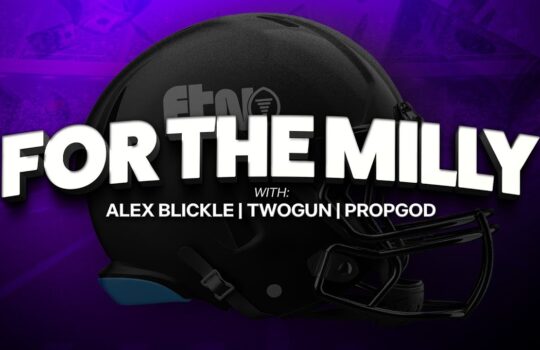






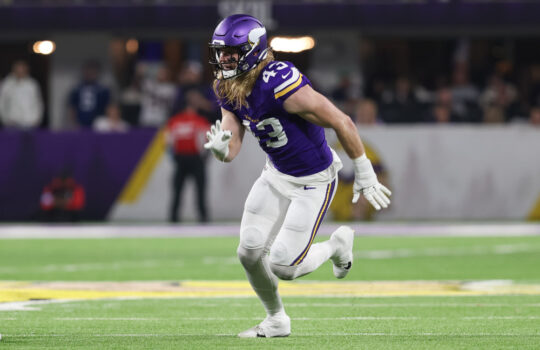



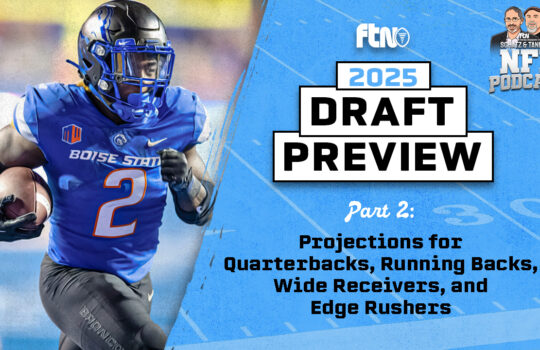

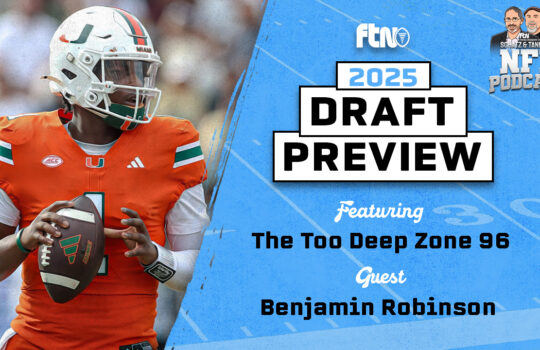
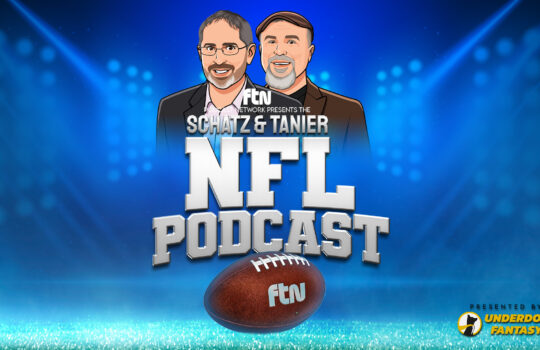




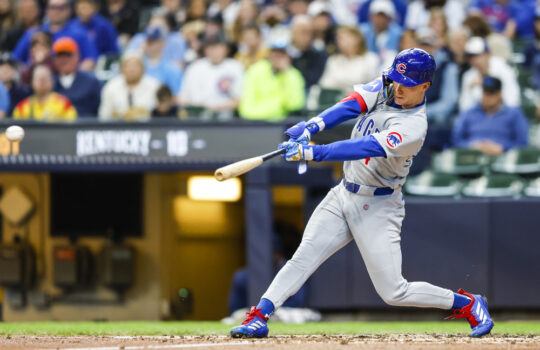

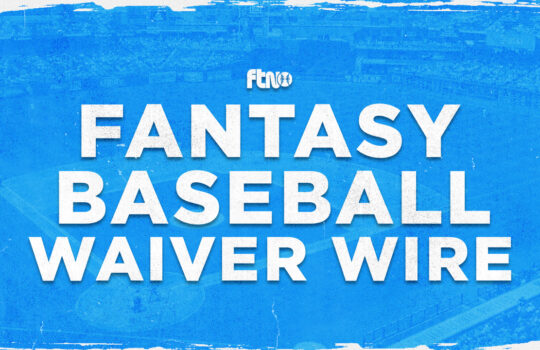

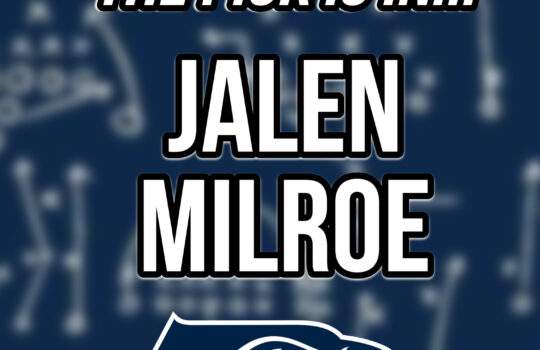

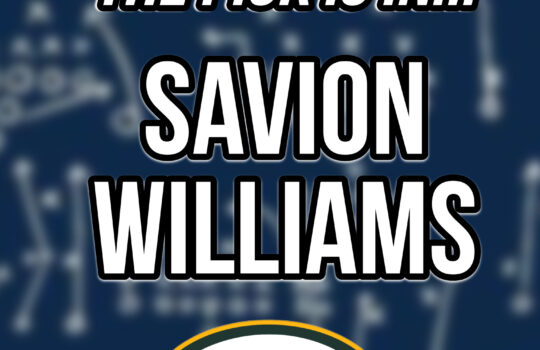
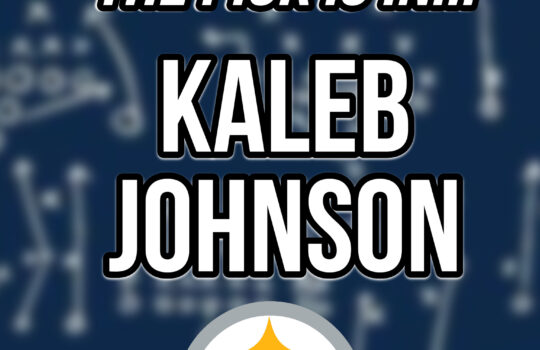

 New York Jets
New York Jets  New England Patriots
New England Patriots 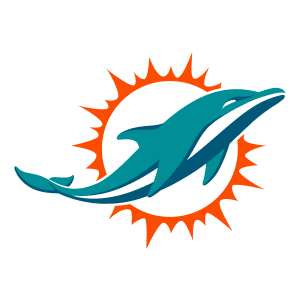 Miami Dolphins
Miami Dolphins  Buffalo Bills
Buffalo Bills  Pittsburgh Steelers
Pittsburgh Steelers  Cleveland Browns
Cleveland Browns  Cincinnati Bengals
Cincinnati Bengals 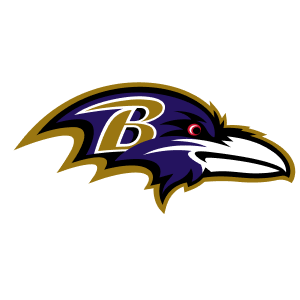 Baltimore Ravens
Baltimore Ravens 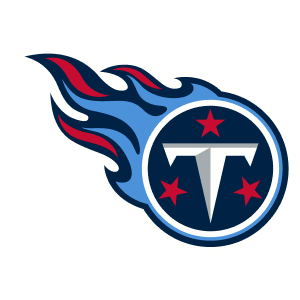 Tennessee Titans
Tennessee Titans  Jacksonville Jaguars
Jacksonville Jaguars  Indianapolis Colts
Indianapolis Colts  Houston Texans
Houston Texans  Las Vegas Raiders
Las Vegas Raiders 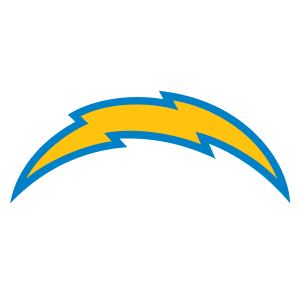 Los Angeles Chargers
Los Angeles Chargers  Kansas City Chiefs
Kansas City Chiefs 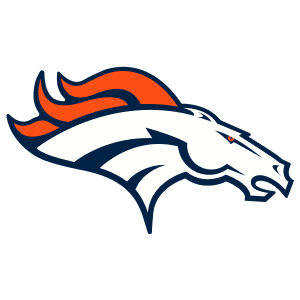 Denver Broncos
Denver Broncos  Washington Commanders
Washington Commanders  Philadelphia Eagles
Philadelphia Eagles 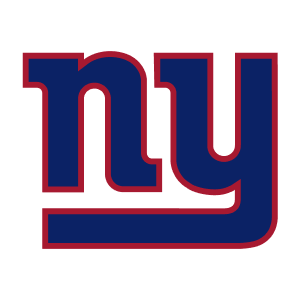 New York Giants
New York Giants  Dallas Cowboys
Dallas Cowboys 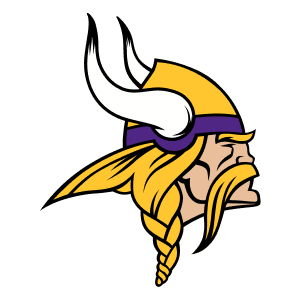 Minnesota Vikings
Minnesota Vikings 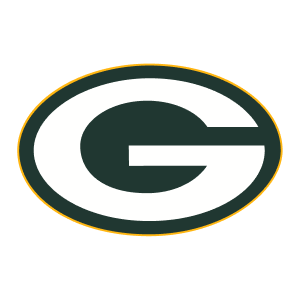 Green Bay Packers
Green Bay Packers 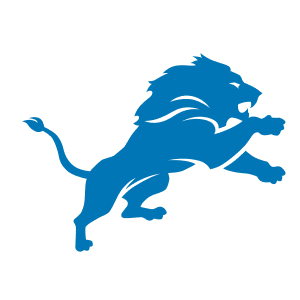 Detroit Lions
Detroit Lions 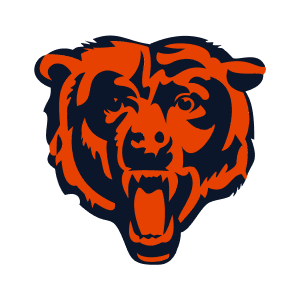 Chicago Bears
Chicago Bears 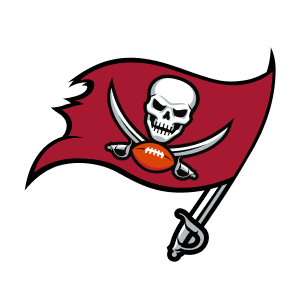 Tampa Bay Buccaneers
Tampa Bay Buccaneers  New Orleans Saints
New Orleans Saints 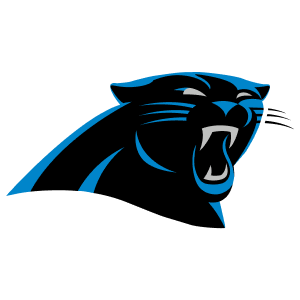 Carolina Panthers
Carolina Panthers 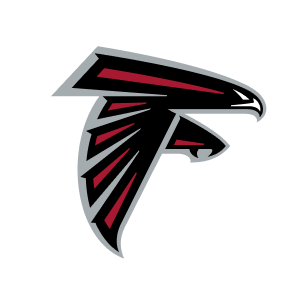 Atlanta Falcons
Atlanta Falcons 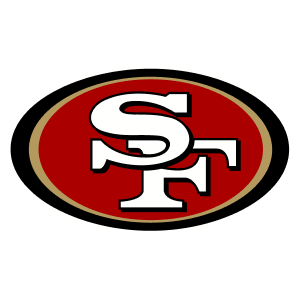 San Francisco 49ers
San Francisco 49ers 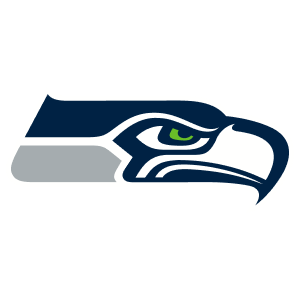 Seattle Seahawks
Seattle Seahawks 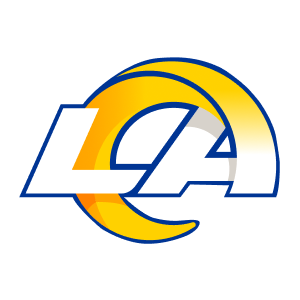 Los Angeles Rams
Los Angeles Rams 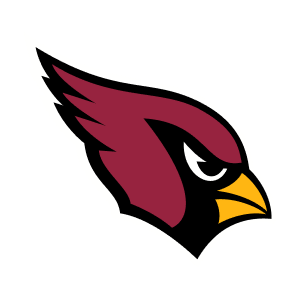 Arizona Cardinals
Arizona Cardinals 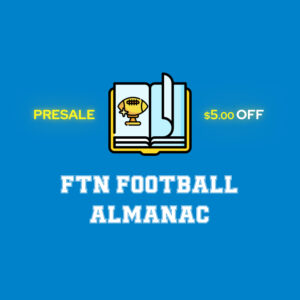
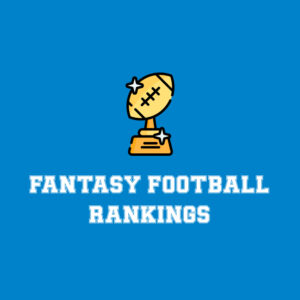
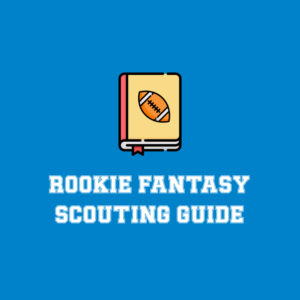
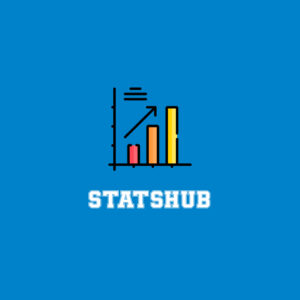
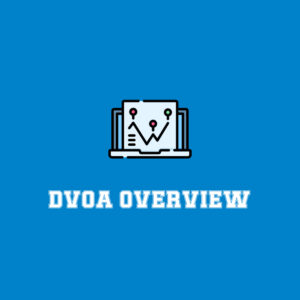




 Boston Celtics
Boston Celtics  Brooklyn Nets
Brooklyn Nets  Philadelphia 76ers
Philadelphia 76ers  New York Knicks
New York Knicks  Toronto Raptors
Toronto Raptors  Chicago Bulls
Chicago Bulls  Detroit Pistons
Detroit Pistons  Milwaukee Bucks
Milwaukee Bucks  Cleveland Cavaliers
Cleveland Cavaliers  Indiana Pacers
Indiana Pacers  Orlando Magic
Orlando Magic 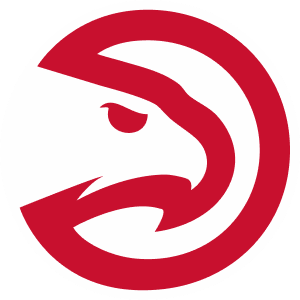 Atlanta Hawks
Atlanta Hawks  Charlotte Hornets
Charlotte Hornets  Miami Heat
Miami Heat  Washington Wizards
Washington Wizards  Denver Nuggets
Denver Nuggets  Minnesota Timberwolves
Minnesota Timberwolves  Oklahoma City Thunder
Oklahoma City Thunder  Portland Trail Blazers
Portland Trail Blazers  Utah Jazz
Utah Jazz  LA Clippers
LA Clippers  Golden State Warriors
Golden State Warriors  Los Angeles Lakers
Los Angeles Lakers  Phoenix Suns
Phoenix Suns  Sacramento Kings
Sacramento Kings  Dallas Mavericks
Dallas Mavericks  Houston Rockets
Houston Rockets  Memphis Grizzlies
Memphis Grizzlies  New Orleans Pelicans
New Orleans Pelicans  San Antonio Spurs
San Antonio Spurs 
